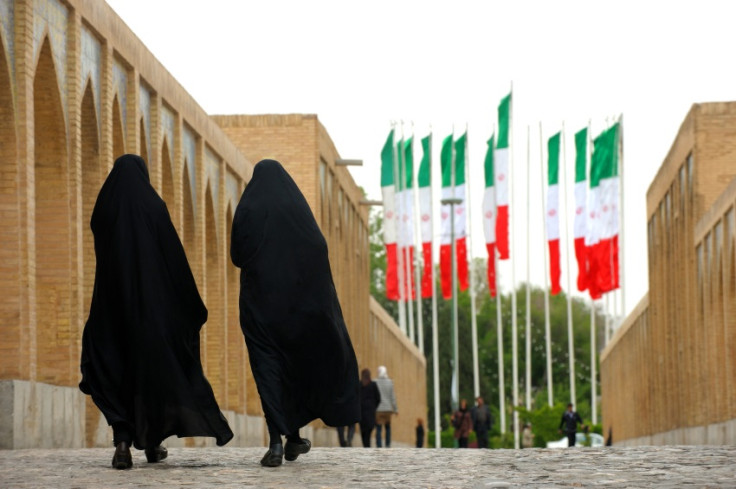Women in Tehran will not be arrested for breaching Iran's dress code laws
The morality laws have been in place since the country's 1979 Islamic revolution.

Police in the Iranian capital of Tehran have said that women flouting the country's conservative dress code laws will no longer be arrested. The dress code, brought in after the country's 1979 Islamic revolution, have long been a contentious point between Iran's conversative and reformist movements.
"Those who do not observe the Islamic dress code will no longer be taken to detention centers, nor will judicial cases be filed against them," Tehran police chief Gen. Hossein Rahimi was quoted by the Associated Press as saying to a local reformist newspaper.
Since the revolution, women in Iran have been forced to wear long, loose clothing and cover their hair - something liberal-minded youngsters sometimes flout by painting their nails and wearing headscarves that still show hair. Men could be arrested for wearing shorts or going topless.
Those detained would have to sign a form saying they would not reoffend and be picked up from police facilities by family bringing a new change of clothes.
Another newspaper in the country said that offenders would be taken to police-taught classes and repeat offenders could still face legal actions.
The potential change in law enforcement practice would only be confined to the capital; elsewhere in the country the dress code continues as previously enacted.
Conservative laws are still enacted throughout Iran - on 21 December, the student news agency reported 230 people being arrested in two raids for drinking and attending mixed-sex parties. The events had allegedly been promoted by some attendees on Instagram, leading the authorities to undertake the crackdown.
The move by the capital's police force to tone down the enforcement of morality laws may come as a surprise after last year's announcement of a new 7,000 strong plain clothes force in Tehran sent to catch people breaking the dress code or other public morality rules.






















